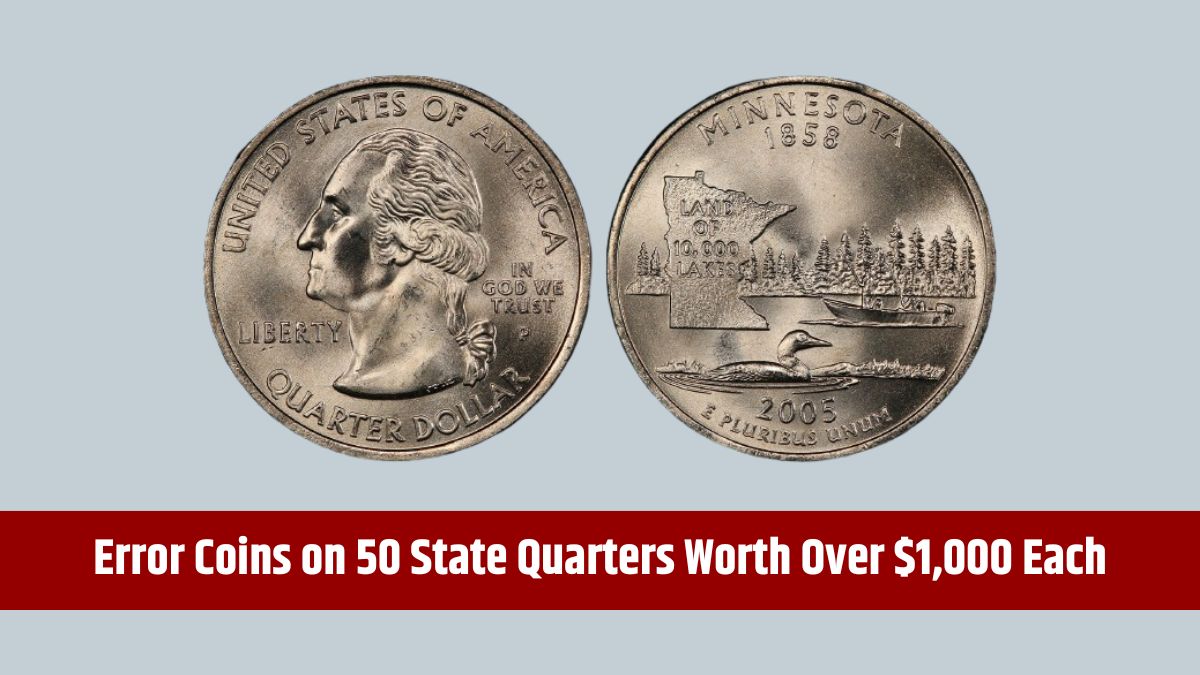Oregon’s Measure 118 is drawing attention statewide as it proposes an annual financial boost of up to $1,600 per resident, aimed at strengthening financial stability for households. Expected to go to a vote this November, this initiative could offer vital support to eligible residents, including taxpayers, minors, and dependents. While it has gained significant support, Measure 118 also faces opposition from certain business groups and policymakers.
Proposal
Measure 118, or the “Oregon rebate,” suggests that each eligible resident would receive an annual stimulus check of $1,600. For a family of four, this could mean an annual boost of up to $6,400, either through direct payment or a refundable tax credit. The measure’s advocates hope this cash injection will help families meet essential needs and improve their financial situation.
Payments under Measure 118 would be distributed over three consecutive years, aiming to alleviate the financial pressures facing low- and middle-income households. Eligibility requires individuals to have spent at least 200 days per year in Oregon, ensuring that the support goes to residents who contribute to the state’s economy and communities.
Funding
One of the core elements of Measure 118 is its funding source. It proposes a 3% tax on the annual sales of large corporations with revenue exceeding $25 million. This “big business tax” would allow Oregon to finance the stimulus checks without imposing new taxes on individual residents.
Proponents see this tax as a fair redistribution of resources, as it targets corporations with significant revenue, ensuring the funds flow to the population in need. Critics, however, argue that taxing large businesses could create challenges by indirectly impacting the consumer market.
Pros
Measure 118 has sparked robust debate in Oregon. Labor unions, progressive organizations, and some local officials strongly support the measure, arguing that stimulus checks will give a much-needed financial break to Oregon families.
Supporters emphasize that extra funds in residents’ pockets would boost spending at local businesses, creating a ripple effect in the local economy. The idea is that increased consumer spending would support small businesses and services, enhancing community growth.
However, certain business groups and politicians are critical of the proposed corporate tax, fearing it could lead to unintended consequences. They argue that the added tax burden on corporations might result in higher prices for consumers and potentially make Oregon less attractive to new investments. Opponents also worry that such a tax might slow down business expansion or deter corporations from setting up operations within the state.
Timeline
If Measure 118 passes in the November vote, it would take effect in 2025, with the first payments expected in 2026. This gap allows time for the state to develop an efficient distribution system to ensure smooth, timely payouts.
While advocates anticipate that the measure will bring positive changes, detractors warn of potential disruptions to the Oregon economy. Concerns include possible inflationary pressures, increased consumer prices, and a tightening job market if businesses scale back due to higher taxes.
Impact
An essential component of Measure 118 is its focus on helping low-income households. The Oregon Legislative Revenue Office (LRO) estimates that households earning below $40,000 per year could qualify for tax exemptions under the measure. This means the initiative would combine financial aid with a reduced tax burden, helping vulnerable families manage their expenses more effectively.
With inflation and rising costs of living, Measure 118’s backers believe the proposal will provide a lifeline to many families. By focusing relief efforts on lower-income households, the measure aims to enhance quality of life for residents facing financial strain, offering them the support needed to navigate economic challenges.
Economic Outcomes
While proponents see Measure 118 as a way to bolster household stability and stimulate local spending, opponents worry that it could disrupt Oregon’s economy. The 3% corporate tax might affect the profitability of large companies, potentially leading to price adjustments or even a reduction in Oregon’s appeal as a business location. The state will need to balance these perspectives carefully if the measure passes, addressing any operational challenges that could emerge as it begins implementing the payments in 2025.
Overall, Measure 118 seeks to provide financial support for Oregon residents, with a focus on inclusivity and equity. Whether it will achieve its intended impact depends on various factors, including the response from Oregon’s business sector and the effectiveness of the state’s distribution strategy.
FAQs
What is Oregon Measure 118?
Measure 118 proposes an annual $1,600 stimulus for Oregon residents.
Who qualifies for Measure 118 payments?
Residents who spend 200+ days in Oregon are eligible.
How is Measure 118 funded?
It’s funded by a 3% tax on large businesses.
When will payments start?
Payments are expected to begin in 2026.
How does Measure 118 aid low-income households?
Low-income households may get stimulus checks and tax relief.






